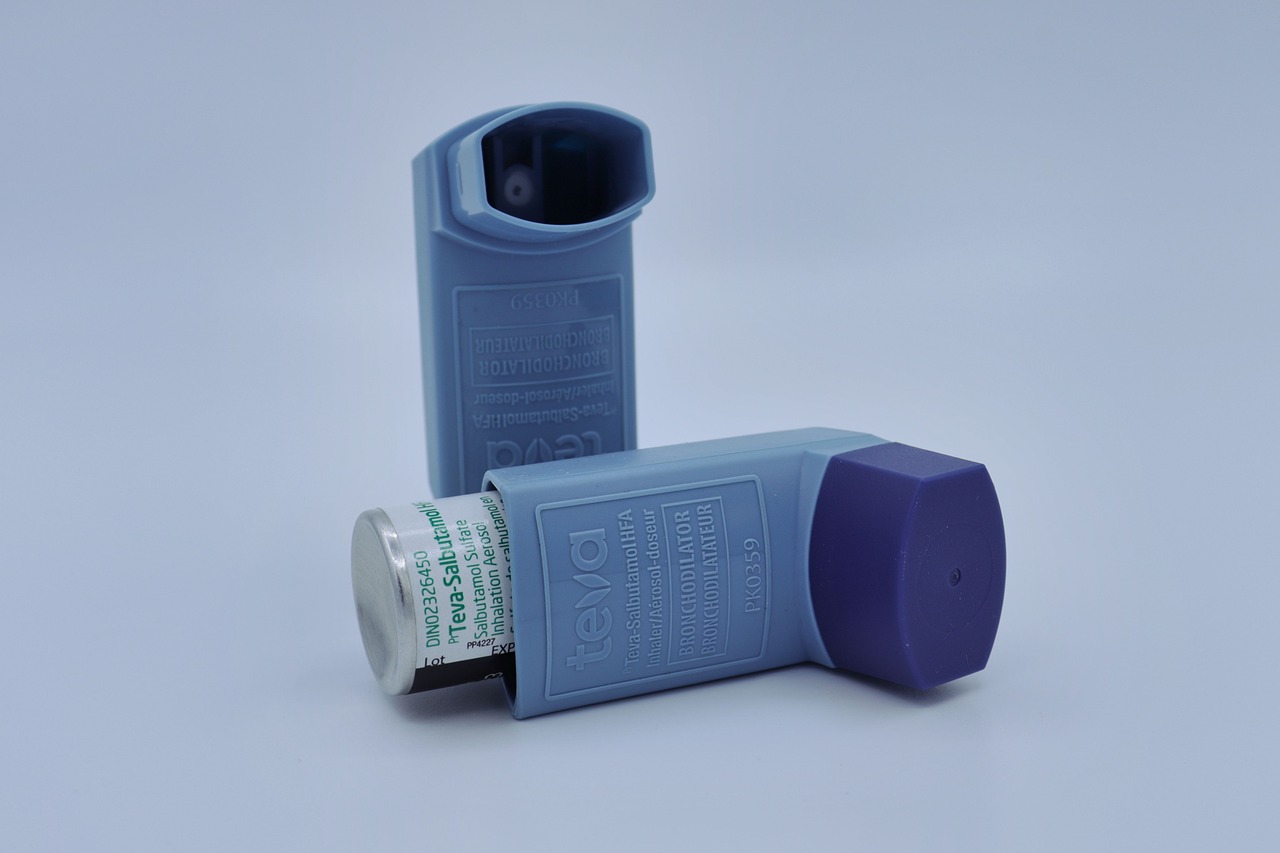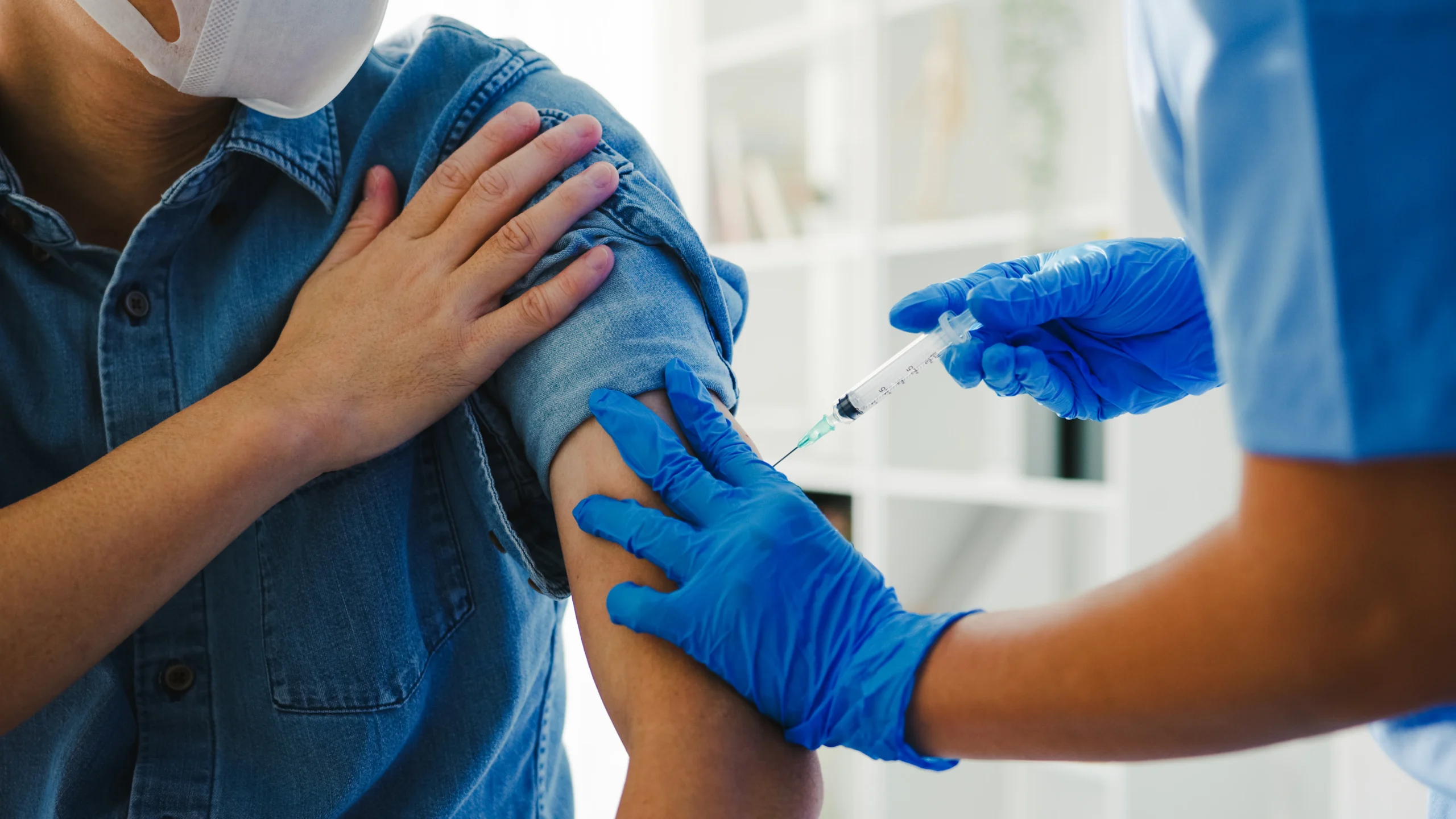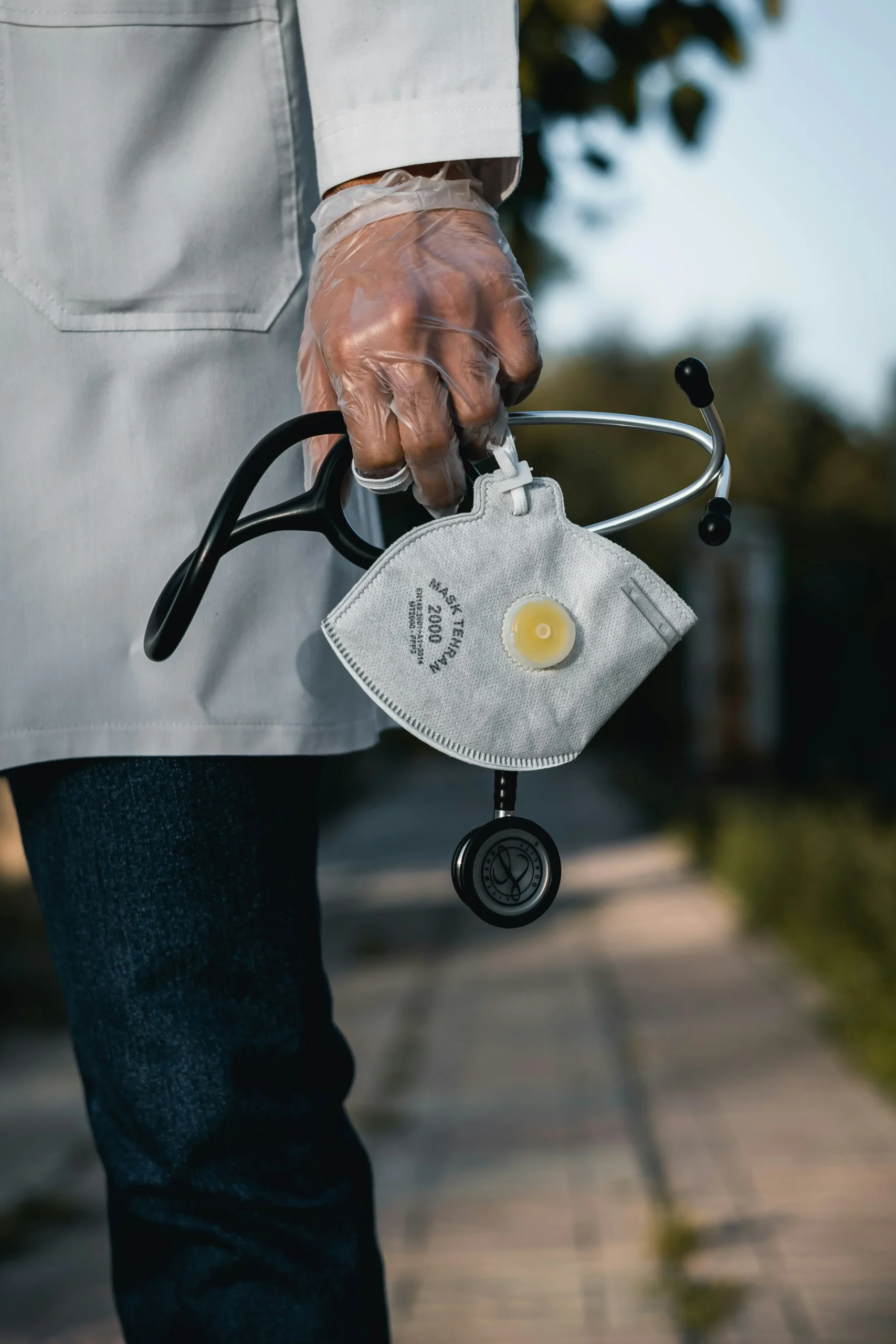pilot and feasibility studies
In a feasibility study, the main goal is to determine whether to proceed with something specific. The study will also consider what the most effective way would be going forward. This can include estimating and testing the parameters for sample sizes and identifying any potential barriers or challenges that may arise in later trials.
A pilot study is similar but generally has a more specific design in mind. It acts as a small trial version of the main study to test the main methodologies of the research process to see if they work together to answer the research question, and allows for the adjustment of the trial design if necessary.
For example, a feasibility study could screen patients who are being treated for alcohol addiction to determine the prevalence of liver disease. This type of feasibility study would consider if this type of screening could offer a good approach and provides some initial data to work with.
Another example is a feasibility study that considers whether including MRI brain scans among people with multiple sclerosis can be an acceptable and appropriate protocol when it comes to understanding the efficacy of a treatment plan. The usefulness of these scans was evaluated as part of the check-in process.
treatments trials
When a treatment trial is conducted, it means there’s a specific intervention or drug that a pharmaceutical company wants to assess. These trials are conducted in four phases, with each introducing more participants to the trial.
In the beginning, the trials evaluate how safe the intervention is and determine the optimal dosage. As the phases progress, the trials also consider how effective the intervention is to treat a specific disease, along with any long-term effects. For example, FluCamp may conduct clinical trials that test specific drugs for their efficacy in treating diseases such as flu. Clinical treatment trials are vital in improving care and advancing medical knowledge for disease treatment, prevention and medical devices.
Prevention trials
A prevention trial will assess the effectiveness of preventative measures that have been developed. This may include the use of vaccines to determine how effective they are at preventing disease when exposed to a specific microorganism. Apart from vaccines, these trials can also evaluate how certain medicines may reduce the risk of disease or assess the preventative impact of lifestyle changes on specific conditions.
A chemoprevention trial, for example, can consider preventative efforts that could be taken to reduce the risk of chemotherapy needed by cancer patients. The trial could also consider prevention techniques that could reduce the risk of specific cancers.
These trials play a really important role as they tell us how certain behaviours, medications, lifestyle factors and other elements affect the risk of disease. They can be helpful when it comes to improving patient care and lowering the incidence of many diseases.
screening trials
Screening trials focus on screening procedures that are used to detect disease in patients who are asymptomatic. The purpose of these screening procedures is to improve the early detection of disease, which often leads to more successful treatments.
A screening trial can help to provide more details about how cost-effect specific screening methods are. It can then compare the cost-effectiveness to the overall efficiency that the screening technique offers. One example would be to screen women for breast cancer during their annual health checkups and to compare this data to women who did not receive this screening.
multi-arm-multi-stage (mams) trials
A multi-arm, multi-stage trial focuses on assessing multiple types of interventions or treatments simultaneously. It helps to reduce the overall time needed to understand more about these interventions and can also be a great way to save on costs. The trial can produce valuable data that can be used to draw up statistical reports to enhance medical knowledge and determine which interventions are more effective for specific conditions.
By making the evaluation of new drugs much faster, it can essentially help to bring better interventions to the market with fewer delays. This means patients with a specific disease can start accessing new treatments that may be more effective than the current interventions.
STAMPED is an excellent example of a MAMS trial. The study started out in 2005 and has since been able to recruit over 10,000 men. The trial focuses on testing various interventions for prostate cancer and has helped make significant progress in improving care for this disease.
cohort studies
Cohort studies are observational. There are no interventions used. They simply follow specific groups of participants over a period of time. The study usually considers the impact of certain exposures, such as cigarette smoking, alcohol usage, drug abuse, pathogens and other elements. The researchers focus on gaining a better understanding of the outcome following a period of time and the specific exposure. Multiple groups may be included, as this helps to offer a way to compare the data, which can guide healthcare policies and practices.
case-control studies
Case-control studies are also observational. Cases in these studies focus on people with a defined health condition and compare the data to the controls, which are groups that do not have the disease or condition.
A case-control study can be useful to gain a better understanding of the causes of diseases, how diseases affect people in the long term and even provide more data related to the underlying factors of the condition or issues that contribute to its progression.
Let’s consider an example where a case-control study looks at a group of women with breast cancer. They compare this to the controls, which are women without breast cancer. The researchers can go back and see where there were differences between the groups. Lifestyle factors, dieting habits, exercise routines and medical history are some of the factors that the researchers can evaluate. When they find a common pattern in those women with breast cancer, they’ll compare it to those without and see if this could possibly be a contributing factor to the disease.
What next?
There are different types of clinical trials, and each is important for the medical industry. These studies help researchers understand the prevalence of conditions, consider risk factors for diseases and gain a better idea of how health conditions affect people. They can also be valuable when bringing new interventions to market. FluCamp conducts a variety of clinical trial studies. If you have questions about the safety of clinical trials and how you can make a difference in the medical sector, simply contact FluCamp to find out more.















